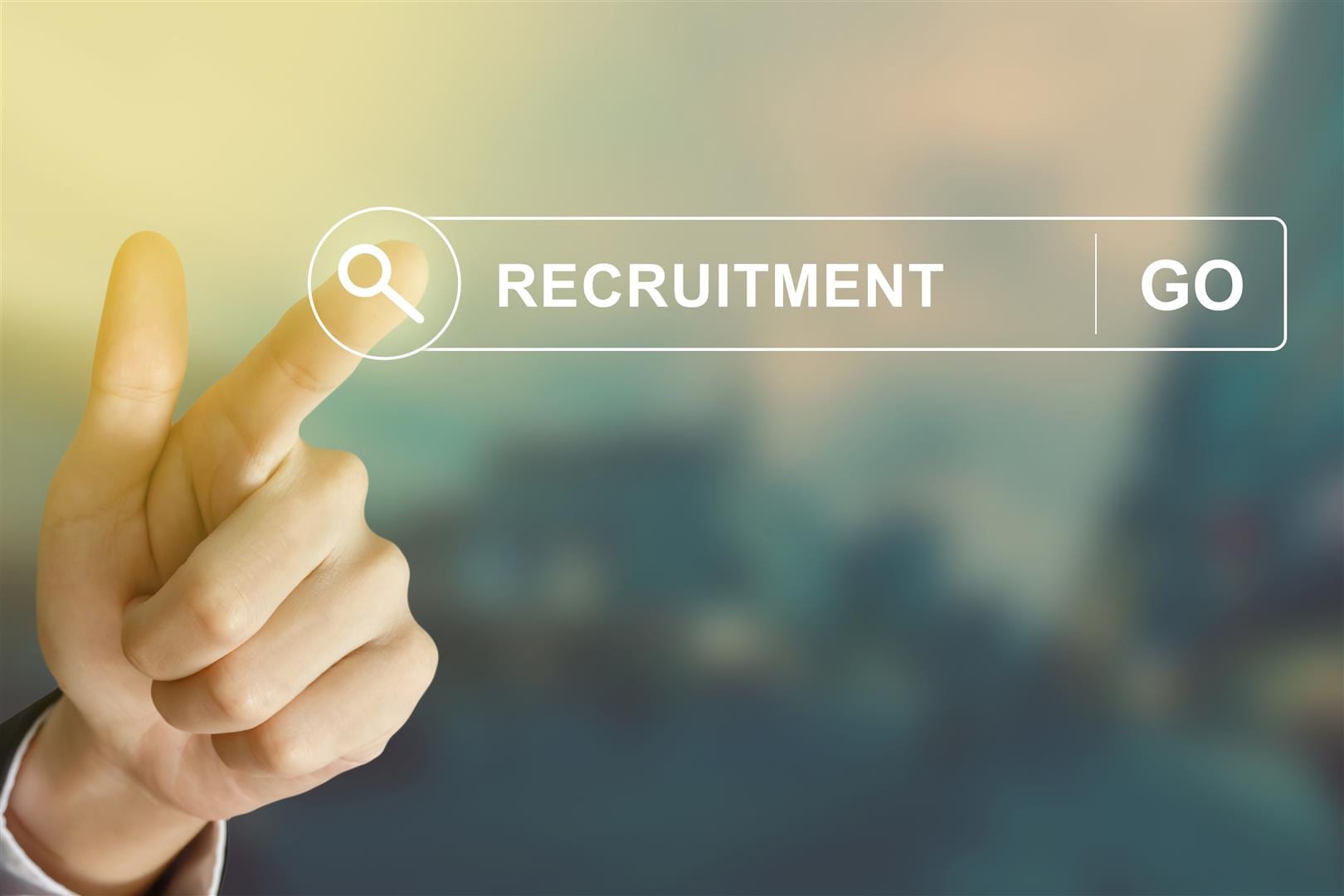Let’s just get this out of the way – a million things are going through my mind right now. From questions about longevity to pay to technical considerations, it’s a giant headache. Hopefully by writing all of this down you’ll be able to avoid some of my mistakes and make the transition a bit smoother for your company.
When to Make the Jump
The first question you must answer as you transition from a one-person business to an agency setting is the question of “when”. I was wishy-washy on this for far too long. I wasn’t sure that I wanted to deal with employees and go through the hassle of scaling a business like this. For at least a year, I was content with being a one-man band.
Sure, I had set up an LLC and made all the preparations, but let’s be clear: I was a freelancer. I worked from home and loved the fact that I could roll out of bed and make a 10 second commute to work. I loved getting homemade hot food everyday from my amazing wife, and got to be there as my daughter rolled over the first time, learned to crawl, and will pretty soon learn to walk.
I learned the downsides to being “the guy” though as well. I think Chester A. Arthur (21st President of the US) said it best, “you have no idea how…fatiguing it is to live in the same house where you work.”
I was able to work a lot, but it’s also difficult to balance being at home all the time. It’s even more difficult to go on vacation. Technically everything in my business can be done with a laptop and internet connection, but finding time to work while on vacation can be tricky, especially while important monthly reports are coming due.
It was time to start planning for my first employee. After all, I had already exceeded the monthly revenue goal I had set while still on my own (10k/mo).
Who to Hire
I lucked out on this part, because I’ve known for months who I’m going to hire. One of my good friends is finishing up a temporary sales job, and we agreed over all-you-can-eat sushi that he will come work with me when he finishes in a couple months (the job, not the sushi).
Even though we are tight, I’m still going to have him sign an official employee contract and treat him as such. Since he has a background in sales, we’re going to work together to create a lead generation strategy in order to scale the business.
I still have to work through questions about position, pay, responsibilities, and expectations, but I will do so in the following months before he is officially hired. This will become a model for how I hire people in the future. He’s the guinea pig (don’t tell him!).
The one thing that you need to ascertain before hiring is “buy in”. Will the person you hire be a drain on the culture or help to build up your brand? Will they be loyal or is this just a temporary J-O-B to them? It’s impossible to see the future, but some of these questions can be discerned by hiring SLOWLY. Correspond with them for awhile before making a decision (weeks, not days), so you can see if any red flags show up. It’s better to be slightly over-worked for a while than to make the wrong hire and lose clients or sully your image.
Other Considerations
As I go through this process, I’m starting to realize all of the flaws in my business: my
The answer (right now) is a fat “NO”.
This needs to change before bringing anyone on. My goal by the time his first day at work rolls around is a) to have a water-tight employee contract in place, b) a training manual completed, and c) clearly defined daily expectations for him.
Just as my first few months of being on my own produced infinite changes and pivots, I’m sure this will tell me exactly what I need to fix as well. But that’s part of the fun, right? We’re able to shape our businesses exactly the way we want it, and as it molds and evolves, we can achieve our visions that we had at the outset.


